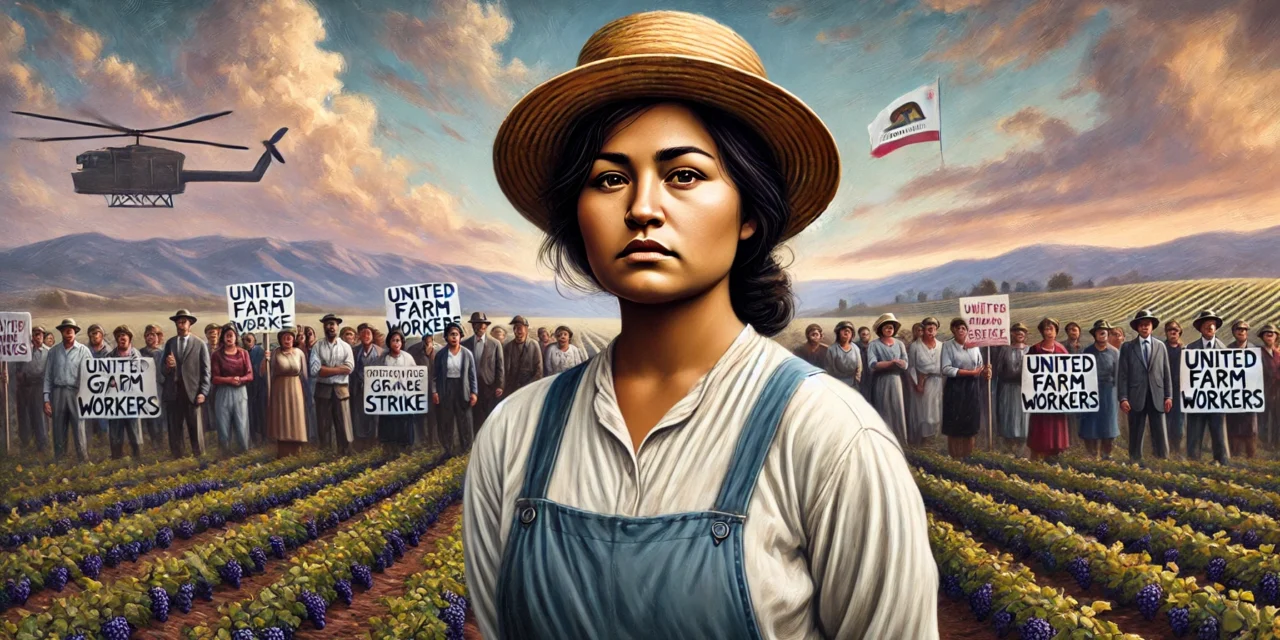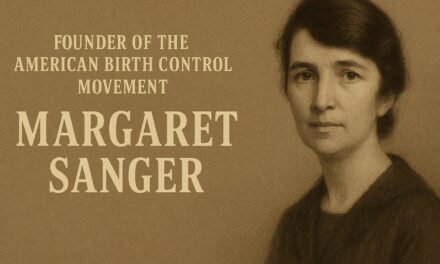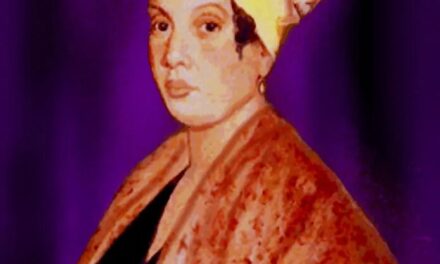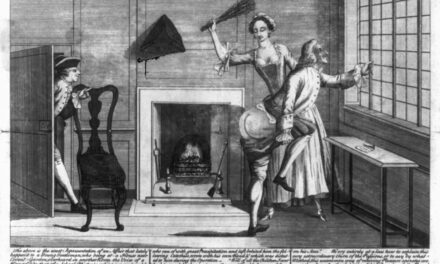
Helen Fabela Chávez – The Woman Who Fueled a Revolution

There are women who stand behind men, and then there are women who hold them up, who push them forward, who make history possible. Helen Fabela Chávez was one of those women—a quiet yet unyielding force behind the great César Chávez, but make no mistake, she was no mere supporter. She was a leader in her own right, a strategist, an organizer, and a warrior who commanded respect without needing to shout for it.
Born on January 21, 1928, Helen grew up in California’s agricultural fields, witnessing firsthand the brutal conditions that farmworkers endured. These were not just stories to her—they were realities she lived, battles she fought, and injustices she refused to ignore. And when she met César, she didn’t just marry a man—she married a revolution.
Helen wasn’t one for the spotlight, but what she did behind the scenes was nothing short of dominant. When César and his fellow laborers dreamed of forming the United Farm Workers (UFW), she was the one making sure the movement didn’t collapse under the weight of its own struggles. She managed finances, keeping the union afloat when money was scarce. She worked tirelessly in the grape strikes and boycotts, making sure that the protests weren’t just loud—but effective.
And, of course, there was the money—or lack thereof. The Chávez family chose poverty as a means of staying true to the cause, but it was Helen who managed to keep the household running on a pittance. She took work in the fields, cooked, sewed, and stretched every penny, making sure her children were clothed and fed while César led marches and fasts. Her sacrifice wasn’t just personal—it was essential to the survival of the entire movement.
But she wasn’t just a homemaker—she was an activist with a spine of steel. In 1977, when the UFW fought against the Teamsters’ infiltration into farm labor organizing, it was Helen who stood firm, helping the union secure better conditions for workers. She ran the credit union that gave struggling laborers the financial help they needed, proving that real power isn’t just in words—it’s in action.
Helen Fabela Chávez didn’t need to command armies or demand obedience—she inspired it, in the way only a truly formidable woman can. She dominated history not by seeking recognition but by ensuring that history itself was changed for the better. Without her, the farmworker movement may have crumbled under financial strain, domestic hardship, or organizational chaos. Instead, because of her, it endured.
She was proof that domination doesn’t always mean taking center stage—sometimes, it means standing unshakable in the background, ensuring that the fight doesn’t falter. And in doing so, Helen Fabela Chávez became a woman without whom history could not have been written.


















































Levi, you are a dude after my own heart.
The tattoo on my forearm is a UFW tattoo. I grew up Chicano, so the stories of Helen and Cesar were always taught.
Solidarity forever, hermano. Si se puede.
Thanks man – gotta keep telling their stories. Love the tattoo!